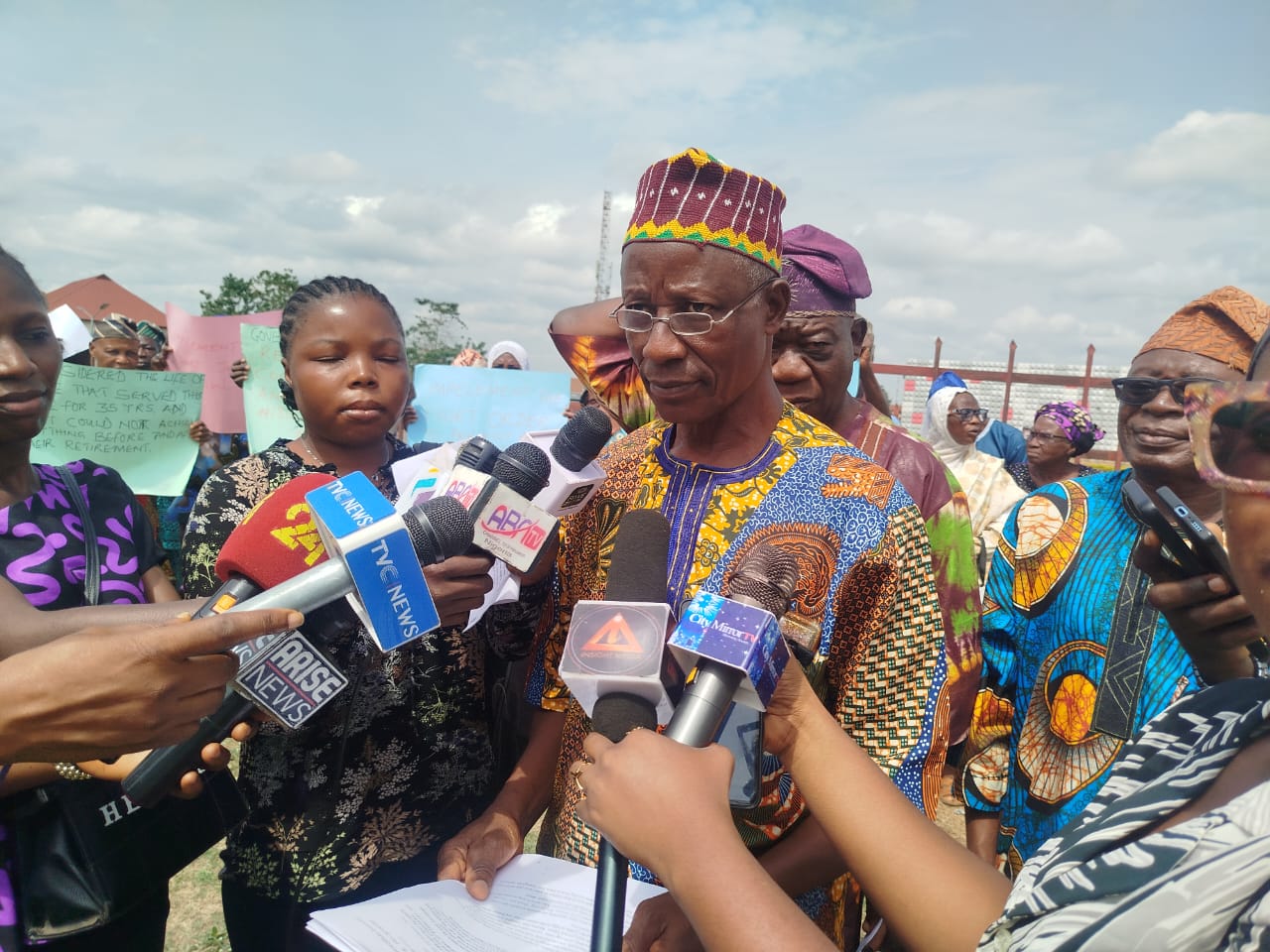FG achieves criteria to stop river blindness treatment in four states
[ad_1]
By: Kazeem Biriowo- Abuja
The Federal Government has said that it has achieved the criteria to stop treatment for onchocerciasis (river blindness) in four states of Imo, Abia, Enugu, and Anambra.
Representing over 18.9 million people, these states are no longer at risk of the disease, with symptoms including severe itching, visual impairment, and skin disfiguration.
Onchocerciasis, commonly known as “river blindness”, is caused by the parasitic worm Onchocerca volvulus. It is transmitted to humans through exposure to repeated bites of infected blackflies of the genus Simulium
Through Ministry of Health, the federal government disclosed that the four states join 10 others that have achieved interrupted transmission of river blindness, enabling Nigeria to stop treatment for over 28 million, more than any other country in the world.
Meanwhile, Nigeria is said to have the largest population at-risk for river blindness of all countries globally, with more than 100 million people in 32 states and the Federal Capital Territory affected. The country has also made the greatest strides globally in eliminating the disease.
Chairman of Onchocerciasis Elimination Committee, Prof B.E.B Nwoke, said: “I am gratified to see millions free from river blindness. I’m proud Nigeria, once again, serves as inspiration not only for river blindness elimination globally but also for countries working to eliminate neglected tropical diseases.”
Chief of Party for Nigeria on USAID’s Act to End NTDs – East programme, led by RTI International, Dr. Wangeci Thuo, said: “Nigeria continues to achieve progress in eliminating river blindness and serves as an example of what is possible.
Also, Dr. Abel Eigege, who is the programme director for The Carter Centre in Nigeria, while speaking, stated that, “We thought we would treat onchocerciasis indefinitely. It was a daunting challenge that had plagued generations.”
READ ALSO FROM NIGERIAN TRIBUNE
[ad_2]














Post Comment